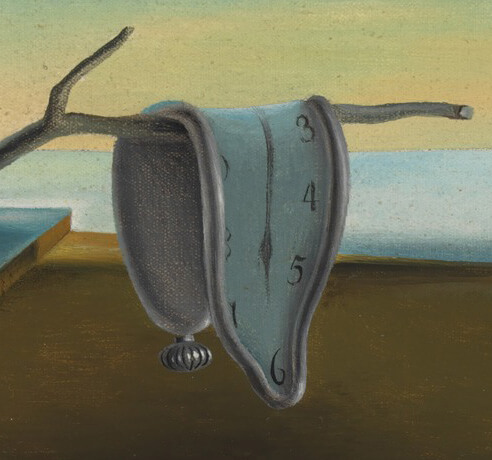Choosing the best time to mediate is no easy thing. The court does not have the ability to consider optimal timing or the vagaries of your case. The court-ordered mediation deadlines are awful and necessarily arbitrary; the court sets a date to complete mediation before the pretrial conference or toward the end of the discovery period. Lawyers being lawyers, sometimes the mediation only occurs because the deadline commands it. This is sub- optimal practice.
Most mediations are in truth, too late. Courts set mediation deadlines at the end of the discovery period because that was the “timing” implemented in the 1980’s to deflect early objectors when mediation was first made mandatory. Late mediation deadlines are common. They don’t exist because the data says later mediations are better – the deadlines set by the judiciary exist only by custom and inertia. Late deadlines are the product of unexamined ritual and are a historical anachronism.
After the initial conflict or event that triggers the lawsuit, most people calm down and just want resolution. A lawsuit is NOT intended to result in a trial; a lawsuit is an invitation to discuss a problem that one side believes has not been dealt with squarely. Mediation is the conversation a lawsuit triggers. With only 1% of cases reaching trial, the sooner parties start talking about resolution the better. Sunk costs do not make conflicts easier to resolve. As litigation languishes, the opportunity for upset continues and positions become more polarized. Extensive discovery is rarely helpful in making a deal. Some options disappear over time. You don’t need comprehensive factual information on every claim or defense to mediate a case. You can mediate with just a modest amount of information. All life decisions are made with imperfect information. Settling a lawsuit is no different.
Lawyers should endeavor to set mediation early in the life of the case because invariably you will learn some important information. An impasse is not a failed mediation. Plan on a second mediation in most cases. No client of mine ever complained because they were given multiple opportunities to settle a dispute before trial. Clients don’t want a trial; they want resolution. Even a mediation that leads to an impasse can provide you with insight moving forward, avenues not otherwise revealed. Give your client the benefit of an early mediation. Your client will thank you. It’s harder for a client to complain about the cost of litigation if you have given them ample opportunity to make a deal early in the life of the dispute

